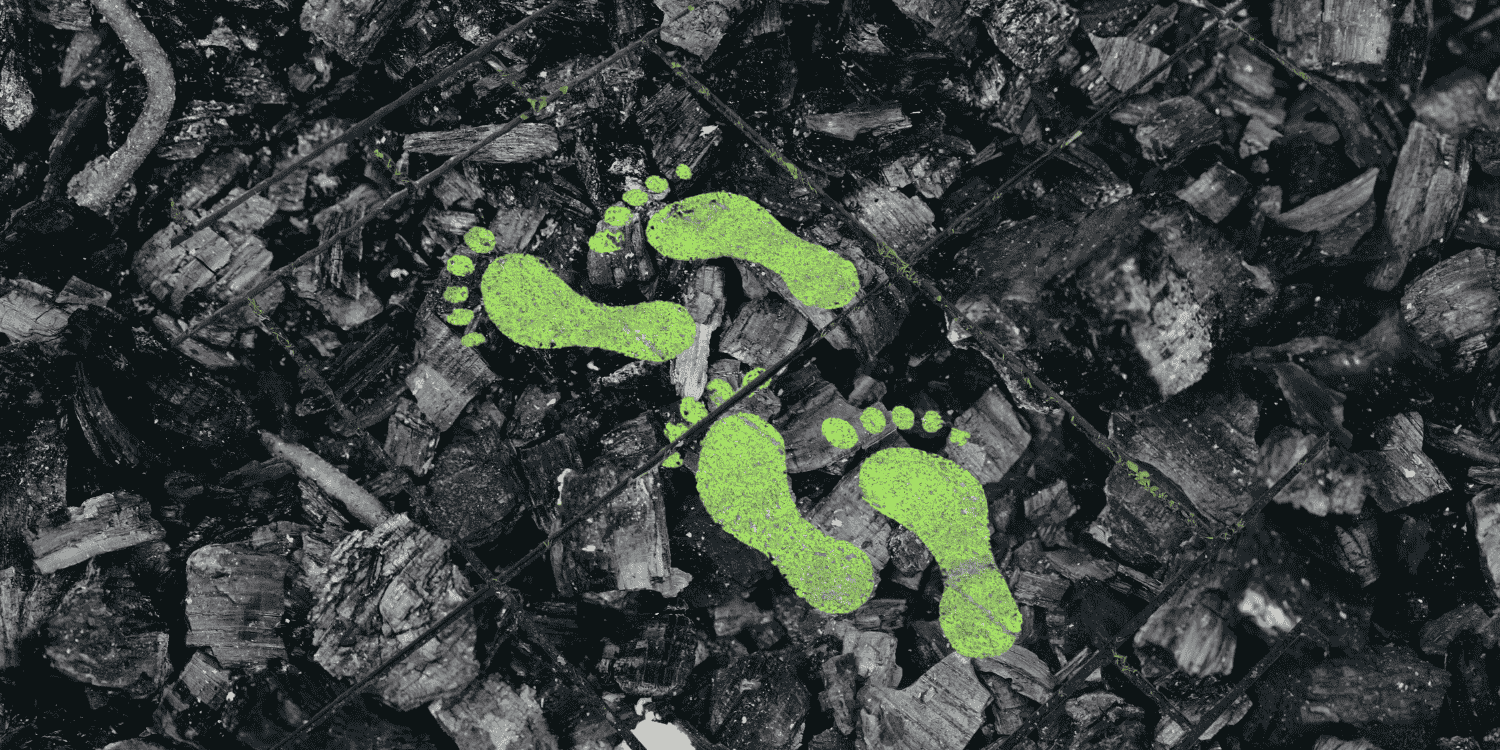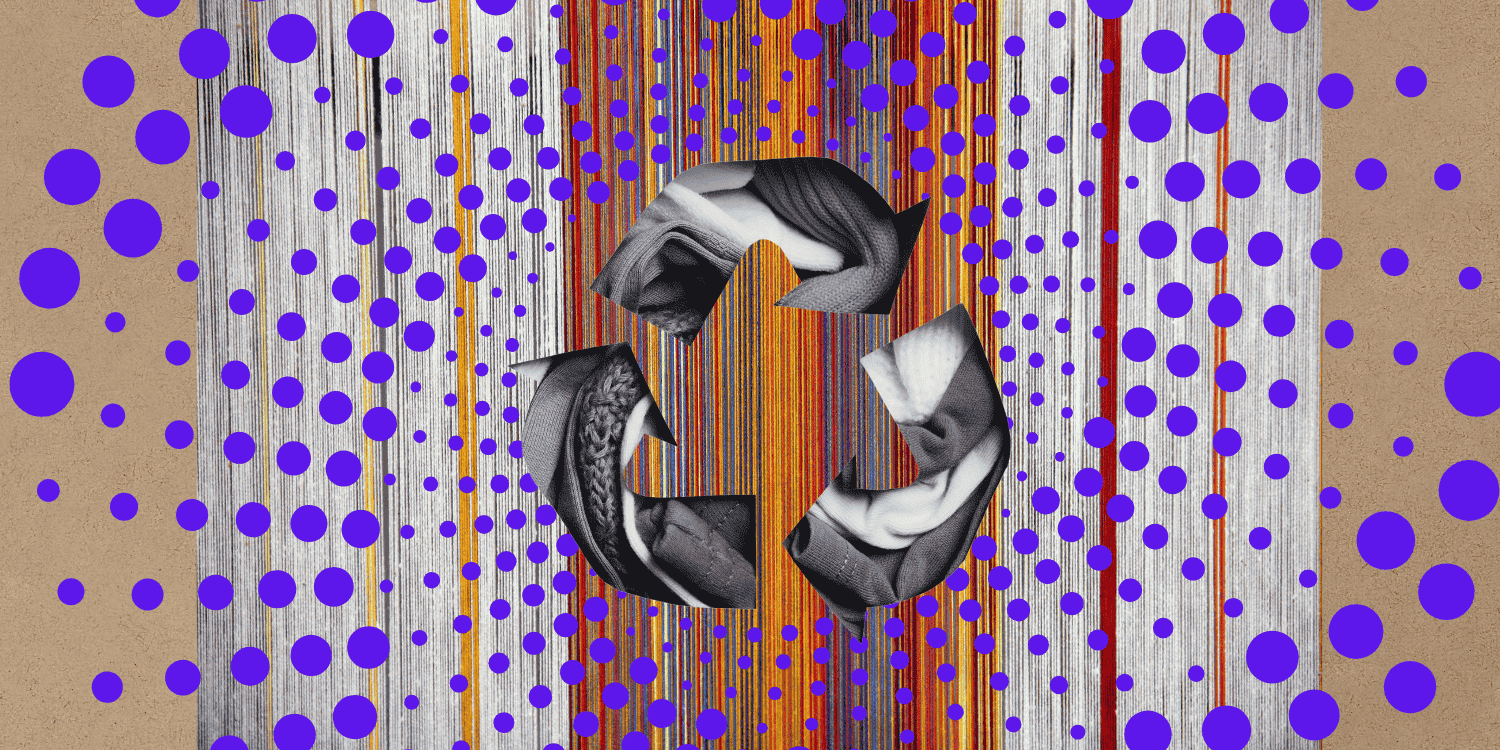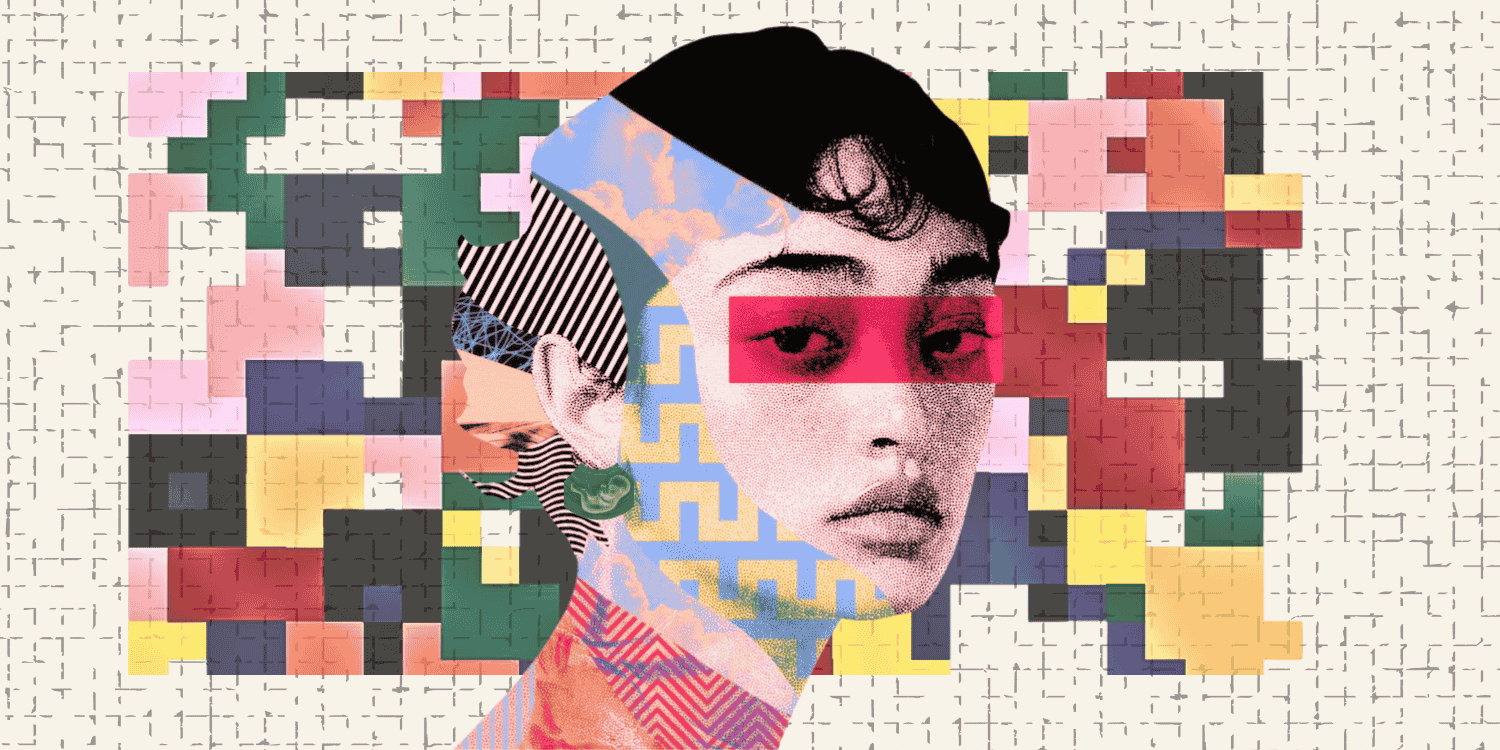Introduction
The modernisation of society has led to the adaptation of laws that reflect the shift in values, identities, privacy, and the understanding of individual rights. In India, this evolution has been evident in various areas, including personality rights.
Personality rights govern the protection of an individual’s identity, image and personal characteristics. With the advent of artificial intelligence, the replication of voice and image for commercial, artistic, and informational purposes has become more frequent. Since the present legal framework on intellectual property is not adept at meeting the challenges of AI-generated content, Indian courts have strived to create the means to protect personality rights in recent years. Notable Indian celebrities such as Amitabh Bachchan and Anil Kapoor have led legal battles to protect their personality rights concerning names, voices, likeness, manner of speaking, gestures, and catchphrases.
Personality rights, also known as the right to publicity, are an individual’s identity and reputation. As an extension of the cluster of rights guaranteed by Article 21 of the Indian constitution to persons, personality rights grant individuals the authority over the commercial use of their name, image, and personal attributes for endorsement and advertising. Furthermore, the courts have extended the protection of personality rights and publicity through the existing IP laws in a similar manner as that of trademarks. Interestingly, however, the legal framework for commercial personality rights has not been developed in India, even though the first case to regulate the unauthorised use of personality rights was nearly two decades ago in 1996.
The recognition and protection of this set of rights have become increasingly important due to several factors that are evolving socially and technologically. The rise of digital media, the internet, and social media has made misusing or exploiting an individual’s personality easier. In India, celebrities’ immense influence and impact necessitate careful regulation of their endorsements and the use of their fame.
Spotlight on Personality Rights
In the case of D.M Entertainment v. Baby Gift House, the defendant sold dolls inspired by the popular music artist, Daler Mehndi, which also played some of his songs. However, the plaintiffs claimed false endorsement, passing off, and infringement of the right to publicity. The court provided a remedy by invoking provisions within the trademark law, such as passing off and false endorsement.
Since then, numerous celebrities have led legal battles for the recognition of their personality rights. In 2017, celebrated Indian cricketer Gautam Gambhir filed a case against a Delhi-based restaurant operating with the tagline, ‘By Gautam Gambhir’ without his consent. However, the court dismissed the plaint filed, stating that there was no misrepresentation by the restaurant.
A landmark case in recognising personality rights to include the unauthorised use of voice was led by veteran actor, Amitabh Bachchan. Mr. Bachchan has been known for his distinctive voice and narration. However, he filed a case against using his voice for commercial purposes in the movie “Rang” in the early 2000s. The court observed that the unauthorised use of the actor’s voice for commercial purposes infringed his rights. In 2022, the veteran actor had to approach the court again to counter the usage of his name, image, and voice for the promotion of fake game shows bearing the likeness of the show Kaun Banega Crorepati, hosted by him for several years. The Delhi High Court ruled in favour of the actor and also directed the Ministry of Electronics and Information Technology to take down all the websites and links that led to this infringement.
Indian courts have, in other instances, also extended protection to the celebrity status and its usage for promotion without authorisation. In the absence of a specific legal framework to protect against unauthorised use, celebrities have also begun to register trademarks for the use of their catchphrases, such as in the case of actor Jackie Shroff, who has registered trademarks for specific words across different classes.
The ambit of personality rights has remained vague and left to be determined by the judiciary through the cases that appear before it. Similarly, the Delhi High Court examined the right to privacy, publicity and personality posthumously. In the case of Krishna Kishore Singh v. Sarla A. Saraogi & Ors., the father of late actor Sushant Singh Rajput filed a case against the movie ‘Nyay: The Justice’ which was based on the actors’ life. However, the court held that these rights are tied to the right to life under the constitution, and thus, cannot be heritable. The court dismissed the petition by Singh.
Personality Rights in Other Jurisdictions
The interaction between global entertainment markets in the world has led to an increased need for harmonization and recognition of the right to publicity across various jurisdictions.
In most jurisdictions, the right to privacy and publicity are closely tied together. In England, for instance, the property interest people have in their identity has been protected to a certain degree by the Press Complaints Commission (PCC) and its Code of Practice. Property interest in one’s identity refers to the legal concept that individuals have an ownership-like interest in the use of aspects of their person, such as name, likeness, voice, and other attributes. However, lawmakers have continued to show reluctance in the creation of a new tort for privacy intrusion. The protection is granted for commercial exploitation of persona under tort law and Intellectual property rights.
However, other countries, such as China and France, and some states in the United States, have made statutory regulations for the protection of this right, especially for people who are considered celebrities. In specific the state of California in the United States protects the personality rights of a celebrity under the Celebrities Rights Act 1985 for seventy years after their death. A similar statutory law or common law is recognised in over half of the states in the country. In China, too, the right to likeness is protected under the Civil Code of China. The cases in China have so far extended protection to the use of the silhouette of a celebrity to invite visitors to websites.
Similarly, in France, the recognition of digital identity schemes has led to civil law modifications that go beyond the limitation of intellectual property and criminal laws. However, the harmonization of these rights across various jurisdictions remains a challenge. While many countries acknowledge the importance of these rights and the need for their protection, they have yet to fully integrate such protections into their legal frameworks.
India’s Personality Rights Future
As a culturally rich country, India’s entertainment and sports celebrities enjoy a great degree of fame. With this fame, celebrities in the country wield immense influence over the public. In light of this influence, the Consumer Protection Act of 2019 also includes provisions to hold celebrities accountable for any misleading advertisements or endorsements and requires them to take responsibility for their claims, while promoting products. This added accountability not only protects consumers from deceptive marketing, but also encourages ethical advertising practices. Strengthening personality rights alongside consumer protection laws creates a balanced environment where both celebrities and consumers are protected from exploitation.
With a statutory law or recognition as a tort, the bounds and scope of personality laws in the country can help establish practices that protect the use of digital identity and public personas, and also safeguard the interests of consumers, celebrities, and advertisers.
Furthermore, India’s legal recognition of personality rights can significantly reduce the burden on the judiciary by providing clear guidelines on the protection and enforcement of these rights. Currently, the absence of a comprehensive legal framework for personality rights leads to a surge of cases involving the unauthorized use of a person’s image, likeness, or persona. Establishing a codified law would streamline dispute resolution, allowing courts to handle such cases efficiently and reducing the backlog. This would not only protect the interests of individuals, particularly celebrities, but also relieve the judiciary from case overload.
Conclusion
In conclusion, the legal recognition of personality rights in India is both necessary and timely, as the influence of celebrities continues to shape public opinion and consumer behaviour. The right to personality also ties closely with the right to privacy. Each individual must exercise control over elements of their persona being used for commercial purposes. With the advent of new technologies, particularly artificial intelligence, the need for the protection of personality rights has become even more critical. Innovations like deepfakes, voice modulation, and other AI-driven tools allow for the unauthorized manipulation of a person’s likeness, voice, and persona in ways that can lead to serious reputational harm, misinformation, and exploitation. These advancements have made it easier to impersonate or distort an individual’s identity without their consent, underscoring the urgent need for robust legal frameworks that safeguard personality rights in the digital age.
A well-defined framework will streamline the resolution of disputes, prevent misuse, and ensure a more efficient legal process. Additionally, with the rise of celebrity endorsements, enhanced consumer protection is essential to ensure transparency and accountability in advertising. By addressing both personality rights and consumer safeguards, India can foster a more ethical and balanced commercial environment that benefits celebrities, consumers, and the legal system alike.






